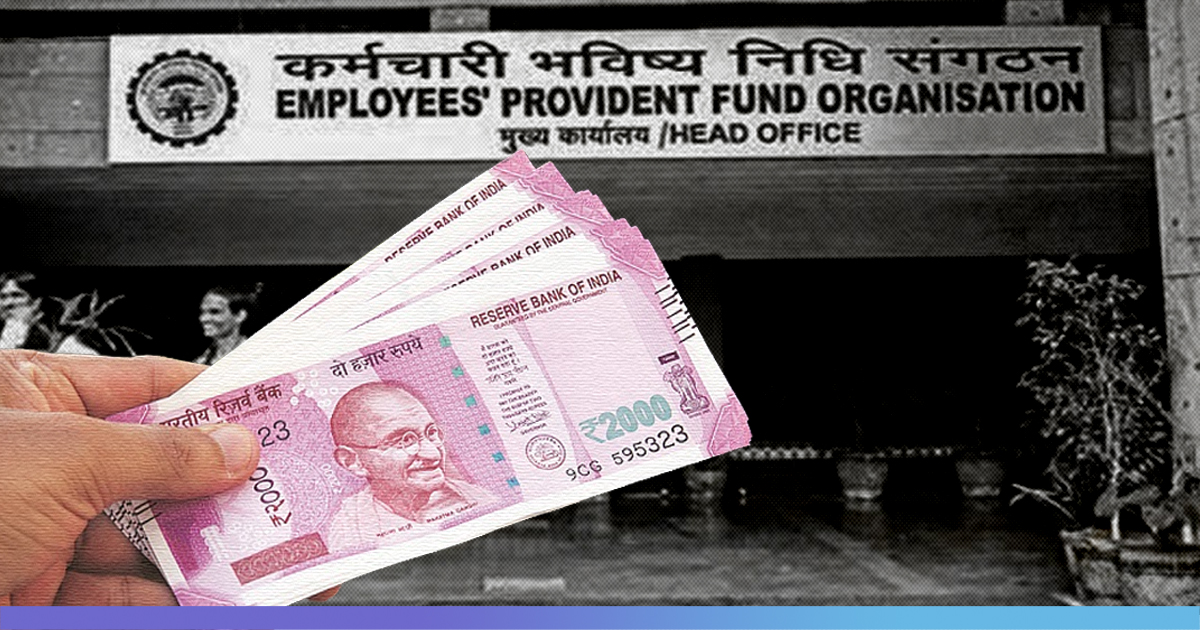To increase in-hand salaries, the Labour & Employment Ministry has proposed a slash in worker’s contribution to the Employees’ Provident Fund (EPF).
The worker’s eligibility to obtain the benefit would be decided based on their age, gender or pay grade while the employer’s share will remain unchanged.
This move comes in line with the government’s aim to reform labour laws and secure all classes of workers with social security, reduce the provident fund burden on employers and increase the take-home salary for employees.
To broaden social security, the Ministry has also proposed to introduce provident fund for self-employed workers such as domestic help and drivers, the Economic Times reported.
This move is in sync with the Pradhan Mantri Shram Yogi Maan Dhan pension scheme applicable for unorganised sector workers. A draft of the Amendment Bill dated August 23 has been circulated and will be open for comments up to September 22.
For this an amendment to the Employees’ Provident Fund (EPF) and Miscellaneous Provident (MP) Act has been suggested, which would specify rates of contribution and the period for which such rates shall apply for any class of employees, ET added.
As per the EPF & MP Act, the EPF contribution is 24 per cent of the basic pay, divided equally between employers and employees. The EPF & MP Act is applicable to every establishment employing 20 or more people.
The Employees’ Provident Fund Organisation (EPFO) subscribers may be given the choice of switching between the provident fund and the National Pension Scheme and those with income below a certain threshold can opt not to contribute to PF without impacting the employers’ contribution.
“This flexibility will enable modification of rates of contribution depending on various factors like age, income, gender,” the labour ministry said in a brief note.
“To instil discipline in the working of assessing officers, the government has suggested two years for inspectors to conclude their inquiries, under this Act. Otherwise, inspectors will have to submit reasons in writing to the EPFO’s central provident fund commissioner,” the ministry added.
The proposal advises restricting the inspection of backdated records only up to five years. This is presently not time-bound and turns into a cause for harassment.
Also Read: TLI Explains: RBI’s Record Transfer Of Rs 1.76 Lakh Crore To Govt And Why Economists Are Worried











